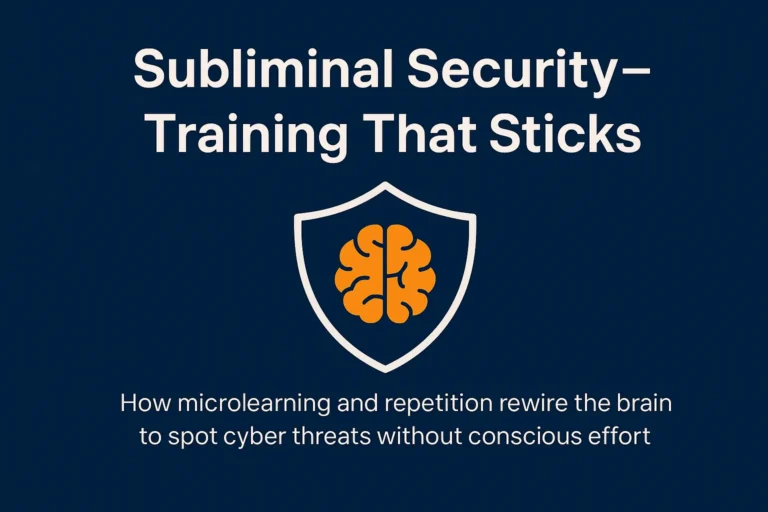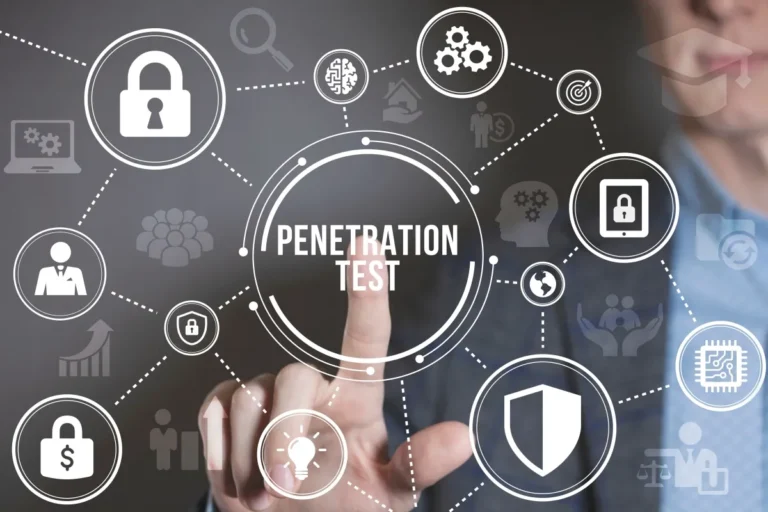The Future of Digital Identity: Beyond Passwords and Profiles
In a world where our lives are increasingly digital, the way we prove who we are online is undergoing a radical transformation. From passwords to biometrics to decentralized identity, the future of digital identity is about security, privacy, and control—and it’s closer than you think.
What Is Digital Identity?
At its core, a digital identity is a collection of data that represents a person, organization, or device online. This includes:
- Usernames and passwords
- Biometric data (fingerprints, facial recognition)
- Government-issued IDs
- Behavioural patterns (how you type, swipe, or move)
But the current system is fragmented, insecure, and often out of users’ control.
The Problems with Today’s Identity Systems
- Too many passwords: The average user has over 100 accounts.
- Data breaches: Centralized databases are prime targets for hackers.
- Lack of privacy: Users often have no idea how their data is used or shared.
- Limited portability: Your identity on one platform doesn’t carry over to another.
What’s Next? Key Trends Shaping the Future
1. Decentralized Identity (DID)
Powered by blockchain, DID gives users control over their identity. Instead of relying on a central authority, users store credentials in a digital wallet and share only what’s necessary.
Think: Showing you’re over 18 without revealing your birthdate.
2. Biometric Authentication
Facial recognition, voice ID, and even behavioural biometrics are replacing passwords. These methods are harder to steal—but raise ethical and privacy concerns.
3. Zero-Knowledge Proofs
A cryptographic method that lets you prove something is true without revealing the underlying data. Ideal for privacy-preserving identity checks.
4. Interoperability and Portability
Future identity systems will work across platforms and borders—think of a single digital ID you can use for banking, healthcare, and travel.
Why It Matters
- For users: More privacy, less friction, and fewer passwords.
- For businesses: Reduced fraud, better compliance, and smoother user experiences.
- For society: A foundation for secure digital citizenship, especially in areas like voting, education, and healthcare.
What Can You Do Today?
- Start exploring passwordless authentication (e.g., passkeys, biometrics).
- Educate your team about privacy-first identity practices.
- Keep an eye on emerging standards like W3C’s Verifiable Credentials and Decentralized Identifiers.
Final Thoughts
The future of digital identity is about empowering individuals while enhancing security. As we move toward a more connected and data-driven world, rethinking how we prove who we are isn’t just a technical challenge—it’s a societal one.



